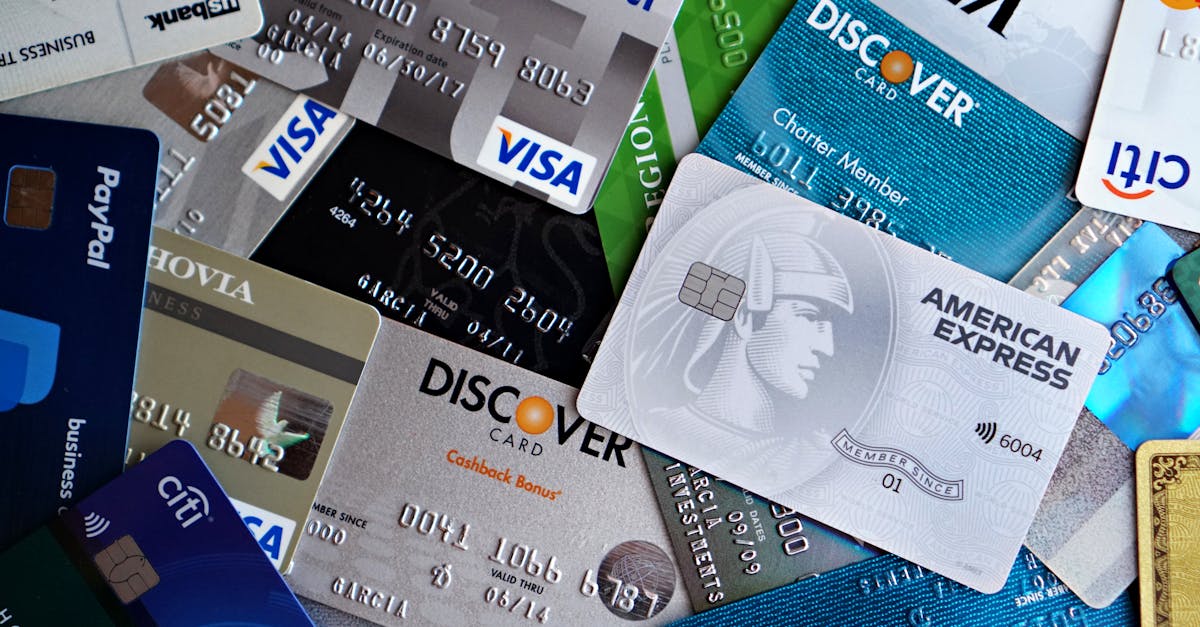How Do You Qualify for a Small Business Loan? A Comprehensive Guide to Meeting Eligibility Requirements

Estimated Reading Time
Read it in 8 minutes
Key Takeaways
- Understanding the eligibility requirements is crucial for a successful small business loan application.
- Your credit score makes all the difference in the world in not only whether or not you will be approved for a loan, but also what your loan terms will be.
- Lender requirements differ. Quote requirements range between traditional banks and online lenders.
- A strong business plan will strengthen your loan application.
- SBA loans have additional requirements of their own.
Table of Contents
- How Do You Get a Small Business Loan?
- Key Takeaways
- Basic Eligibility Criteria: What To Have
- Credit Score And Financial Health
- Business History And Industry Needs
- Essential Documents To Provide
- Special SBA Loan Requirements
- Other Considerations For Lenders
- Recap: Key Factors For These Small Business Loan Requirements
How Do You Get a Small Business Loan?
If you're looking to expand your horizons within the world of enterprise, you may be faced with an important issue to consider: How to qualify for a small business loan? Whether you hope to get a new business off the ground or you want to grow an existing business, it's essential to know what it takes to qualify for a small business loan.
Basic Eligibility Criteria: What To Have
The first on the list is the fundamental eligibility criteria for acquiring a small business loan. Your company must be a for-profit business operating in the United States or its territories. Learn more about it on the SBA’s site, or here. Define a use of loan purpose and show ability to repay in business plan. You can see if your venture meets the lender’s size standards, which are determined by revenue or workforce, at this link.
Credit Score And Financial Health
Your credit score is an important factor when it comes to a home loan. Traditional banks usually want scores of 690 and higher, but online lenders may consider scores in the 500s. The details are here. What's more, lenders will scrutinize your financial past — recent tax returns, financial statements and cash flow go without saying. Find out more about these requirements here.
Business History And Industry Needs
Lenders prefer that you have a minimum of two years of operating history. Still, some online lenders might be more flexible, considering businesses with as little as six months of history. High-risk sectors may be subject to a more stringent set of rules. Learn more at this link.
Essential Documents To Provide
Documentation is the lifeblood of your loan application. Compile Business/Personal Tax Returns, Financial Statements and a complete business plan. This is a record of your business’ financial status and future operating plans. For more information, click here.
Special SBA Loan Requirements
The SBA loan has some special requirements, such as a requirement that the business must be in accordance with their size definition of a small business, which is based on the SBA's standards. Don’t be delinquent on federal obligations such as taxes or student loans. Keep in mind that businesses such as real estate investment or gambling cannot get SBA funding. You can check out the full list of exemptions here.
Other Considerations For Lenders
Lenders are also evaluating your business’s ability to survive and make its way to profitability. Detailed pro forma and collateral (for larger loans) adds more oomph to your loan application. Entrepreneurs who have a lower credit score may have other options. Discover other options by checking out the SBA site or search for custom solutions right here.
Recap: Key Factors For These Small Business Loan Requirements
Hitting the road for a small business loan requires intimate knowledge of the nuanced prescriptions and pitfalls as described above. By working through your documentation and shaping your business story, you improve your chances of obtaining that crucial approval. With this understanding, you should be ready to bring your business dreams to life.



